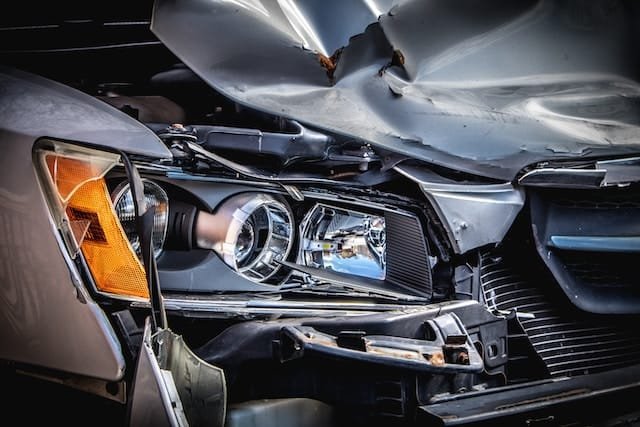Car accidents can cause a lot of issues for victims to deal with. Putting them in a financial hole they weren’t planning on being in. When seeking compensation for damages resulting from a car accident, many individuals wonder if they can pursue punitive damages. Punitive damages are different from compensatory damages, as they aim to punish the at-fault party for their actions and deter similar behavior in the future. However, the pursuit of punitive damages in car accident lawsuits is not as common as one might think.
Understanding Punitive Damages:
Punitive damages, also known as exemplary damages, are designed to punish the defendant rather than compensate the plaintiff. Unlike compensatory damages, which cover medical expenses, lost wages, and property damage, punitive damages are awarded on top of compensatory damages, serving as a form of punishment for the defendant’s reckless or intentional conduct. In the context of car accidents, punitive damages are typically sought in cases involving extreme negligence or malicious intent. For example, if the at-fault driver was under the influence of alcohol or drugs at the time of the accident, or if they were street racing or engaging in deliberate reckless driving, a court might consider awarding punitive damages.
Factors Influencing the Award of Punitive Damages:
Courts consider several factors when deciding whether to award punitive damages in a car accident lawsuit. The primary criterion is the degree of the defendant’s misconduct. If the defendant’s actions were particularly egregious, such as driving under the influence or intentionally causing the accident, punitive damages might be deemed appropriate. The financial status of the person who caused the accident can also play an important part. If the at-fault party is financially well-off, the court might be more inclined to award punitive damages, as the financial penalty would have a more significant impact. On the other hand, if the defendant is of limited means, the court might be less likely to impose punitive damages, focusing instead on compensatory damages to aid the victim.
State Laws and Punitive Damages:
It’s crucial to note that the availability and limits of punitive damages vary by state. You don’t want to assume that all laws are the same. Some states have caps on the number of punitive damages that can be awarded, while others do not allow punitive damages in car accident cases at all. Staying up to date with these laws keeps you aware of what you’re owed when you need the damages paid for. It also keeps you from being surprised if you weren’t aware of how these damages were awarded.
Consulting with an Experienced Attorney:
Given the complexity and variability of laws regarding punitive damages, consulting with an experienced personal injury attorney is vital. Having a knowledgeable attorney on your side can make all the difference. They will be able to review the evidence that you provide to see what the best options are for your case. Your attorney understands how to work the system and will make sure it works in your favor. They have the resources necessary to create a strong case and get you the justice that you deserve.
If you’re involved in a car accident, it’s in your best interest to pursue a lawsuit to get your money back. It shouldn’t be just your responsibility to cover these losses on your own, especially if the accident wasn’t your fault. It’s in your best interest to collect evidence from the accident and work on creating a strong case. Once you have all the information you need, reach out to a trusted legal team in your area. They will review what you have and be able to go from there. They will be able to explain the rules to you and make sure you have all the information you need. You deserve compensation for any type of damage that you get from your accident, and your attorney will make sure that you receive it.


